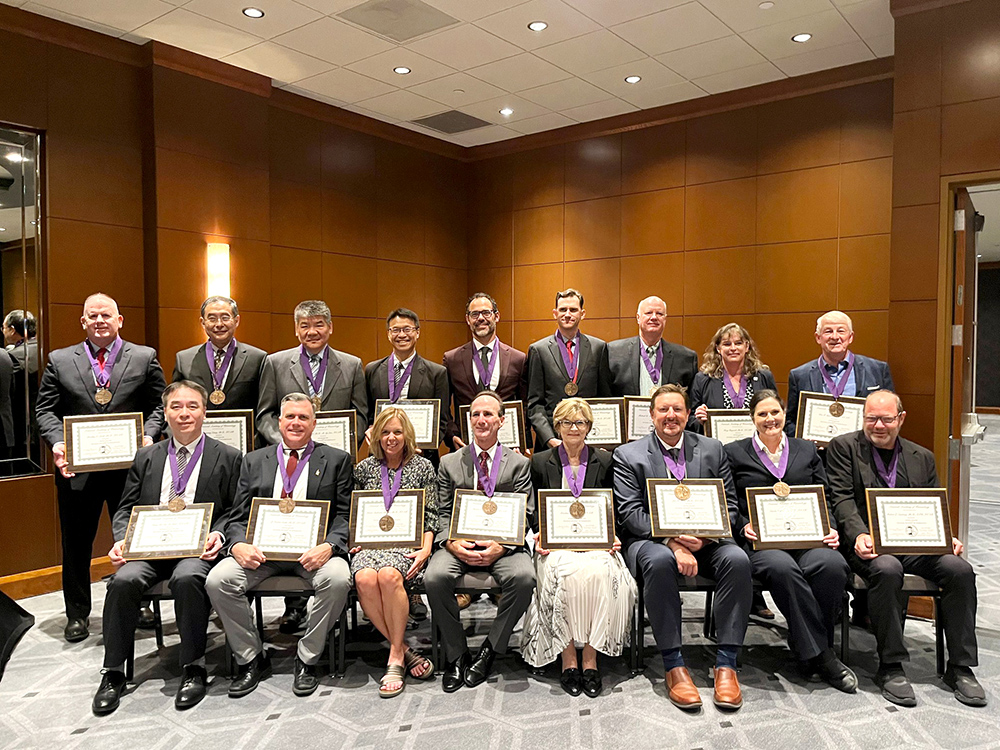
Prof. Tung-Wu Lu elected US National Academy of Kinesiology Fellow
瀏覽器版本過舊,或未開啟 javascript
請(qǐng)更新瀏覽器或啟用 javascript
Spotlights
VIPs on stage for a group photo at the 2018 EUSA AP Conference at NTU.
Scholars and experts of European and EU studies pose for a group photo at the 2018 EUSA AP Conference hosted by EUTW at NTU.
During June 28-29, more than 100 scholars, experts, and students from around the world attended the 2018 European Union Studies Association Asia Pacific (EUSA AP) Conference, themed “The Future of the EU and European Integration in the Aftermath of Crises.” Co-hosted by the EUSA AP, European Community Studies Association Taiwan (ECSA-Taiwan), European Union Centre in Taiwan (EUTW), and EU Centre of Excellence at NTU, the two-day conference offered the participants a gateway to explore the future development of Europe through cultural exchanges and academic conversations from various perspectives. In his opening remarks, NTU Executive Vice President for Administrative Affairs Ching-Ray Chang (張慶瑞) expressed that this annual conference was held just in time with NTU’s 90th anniversary celebration, where the two occasions together have witnessed Taiwan’s dedication to higher education as well as its efforts and achievements in promoting European studies.
Prof. Hungdah Su (蘇宏達(dá)), President of EUSA AP and Director General of EUTW and ECSA-Taiwan, said in the keynote speech: “With years of preparation and active participation, ECSA-Taiwan finally became an official member of the EUSA AP in 2015. In order to deepen the academic exchange between Taiwan and the Asia-Pacific region on studies of European Union and Europe, the association had started persistently seeking to host the annual conference three years ago. This year, the EUSA AP annual conference is being hosted in Taiwan for the first time ever, which showcased a new milestone in our determination in promoting European studies.”
This year’s conference has received major support and numerous submissions by scholars and postgraduate students from the Asia-Pacific region and our counterparts in the West. Over a hundred papers on a wide range of topics, including EU Diplomatic and Security Policy, EU Intra-Organizational Development, EU Governance, EU Free Trade Strategies, and Eurasia Relations and Education Exchange, were presented in a total of 24 workshops. Different from previous years, this year’s event featured a special roundtable discussion on the development of European studies in the Asia Pacific, with panelists representing five different countries in the region. The scholars shared their experiences in creating EU research communities, as well as their journeys of promoting Eurasia cultural exchanges back home.
To showcase our students’ versatility in both academic and musical pursuits, the organizer arranged a harp performance presented by Tiffany Chen (陳雋南), an undergraduate student of the European and EU Studies Program at NTU. Her performance not only reflected the spirit of diversity and inclusiveness embedded in European culture, her superb techniques also earned her accolades from all our guests. Dr. Martin Holland, Secretary General of EUSA AP, stressed that the organizer in Taiwan has set an exceptionally high standard in hosting the annual conference this time.
To encourage more students to join the field of European studies, EUSA AP organized five postgraduate sessions this year to facilitate further academic exchanges between postgraduate and doctoral students. Moreover, the student whose paper was selected as the best paper in each session was awarded an honorary certificate and souvenirs from NTU’s Yelin Cabins.
Since its establishment in 1999, the EUSA AP has become not only a leader in EU studies but also the only multinational academic organization in the Asia-Pacific region. Some of its members from across the region include Australia, China, Hong Kong, India, Japan, South Korea, Macau, New Zealand, Taiwan, and Thailand. Starting from 2003, the annual conference has been held in different member states, with the event subsidized by the EU Jean Monnet Project to promote the importance of continuing academic conversations among scholars and experts.

Prof. Tung-Wu Lu elected US National Academy of Kinesiology Fellow
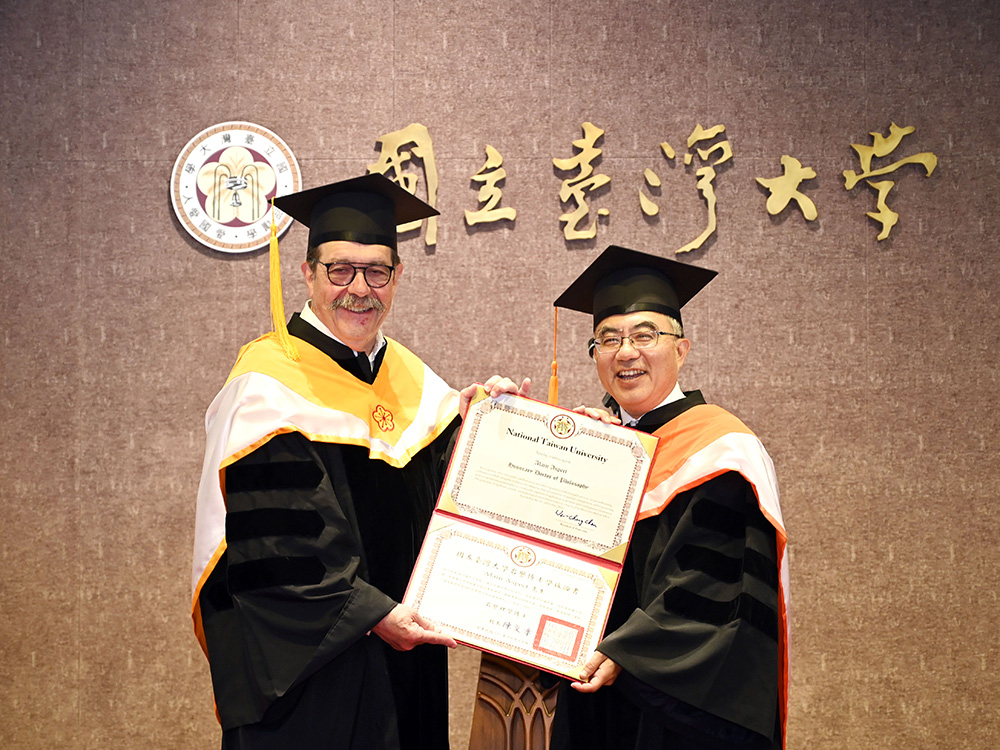
Nobel Laureate Alain Aspect awarded “NTU Honorary Doctorate” and “Raymond Soong Chair Professorship of Distinguished Research”
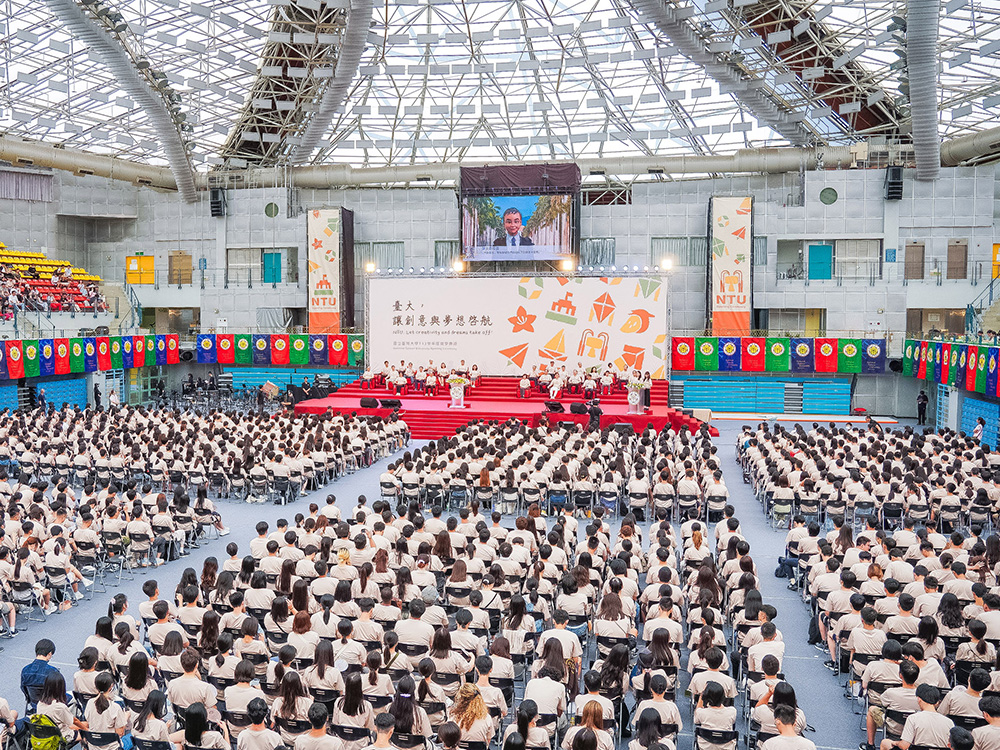
NTU Opening Ceremony: “Where Creativity and Dreams Take Flight”
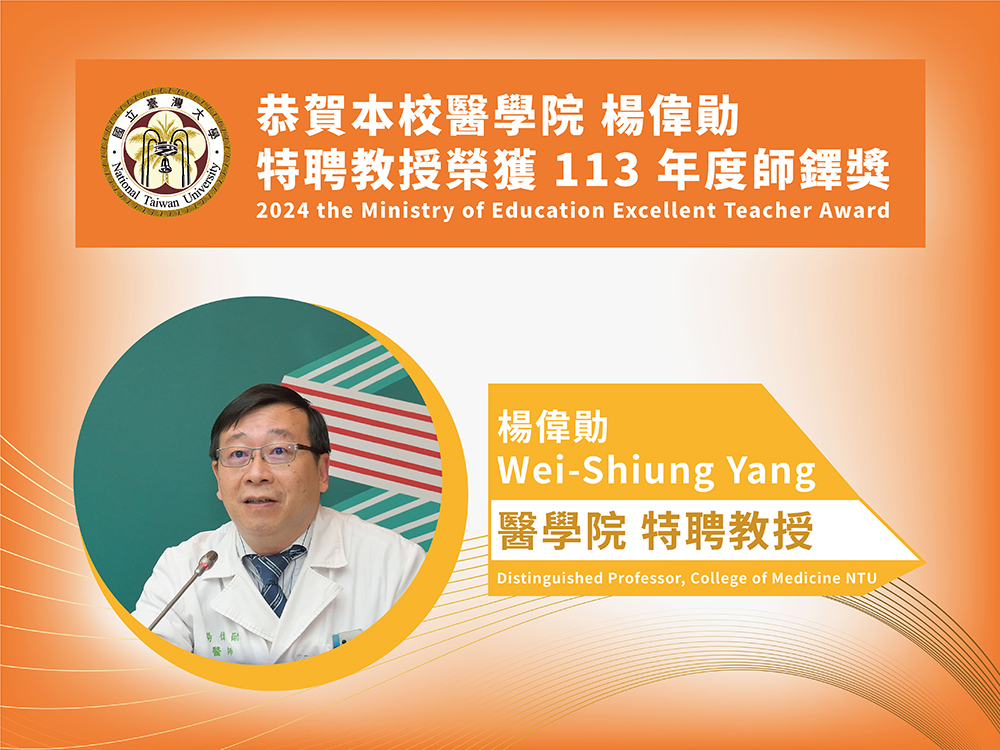
Prof. Wei-Shiung Yang wins MOE National Excellent Teacher Award
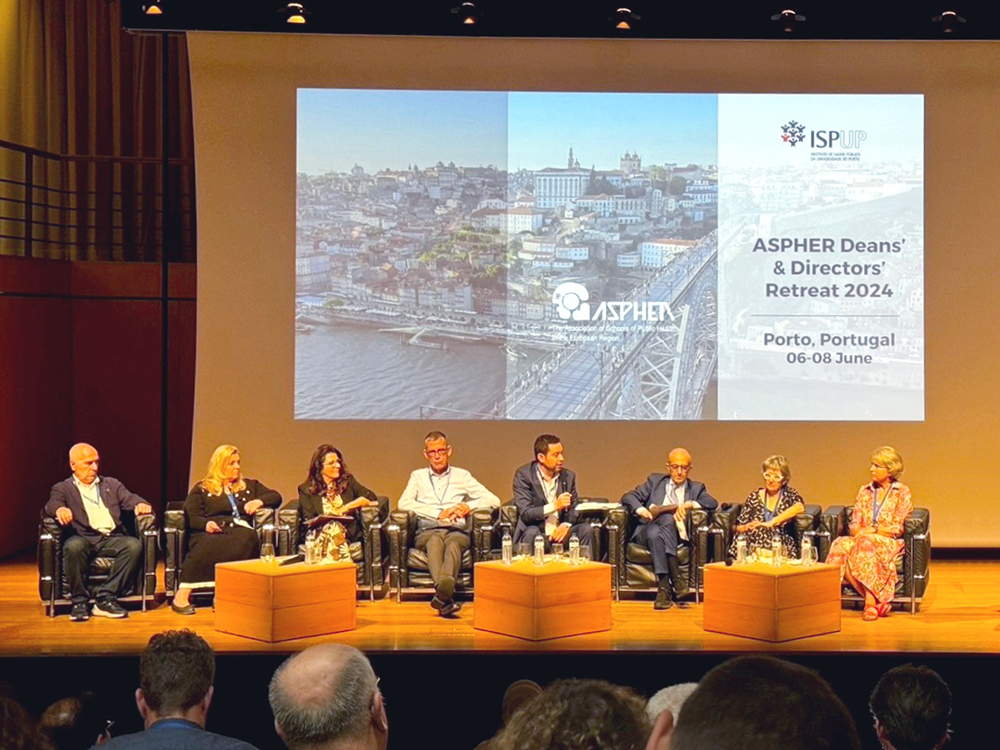
NTU College of Public Health's Global Health Program Joins the Association of Schools of Public Health in the European Region
Current Spotlights

Prof. Tung-Wu Lu elected US National Academy of Kinesiology Fellow

Nobel Laureate Alain Aspect awarded “NTU Honorary Doctorate” and “Raymond Soong Chair Professorship of Distinguished Research”

NTU Opening Ceremony: “Where Creativity and Dreams Take Flight”

Prof. Wei-Shiung Yang wins MOE National Excellent Teacher Award

NTU College of Public Health's Global Health Program Joins the Association of Schools of Public Health in the European Region